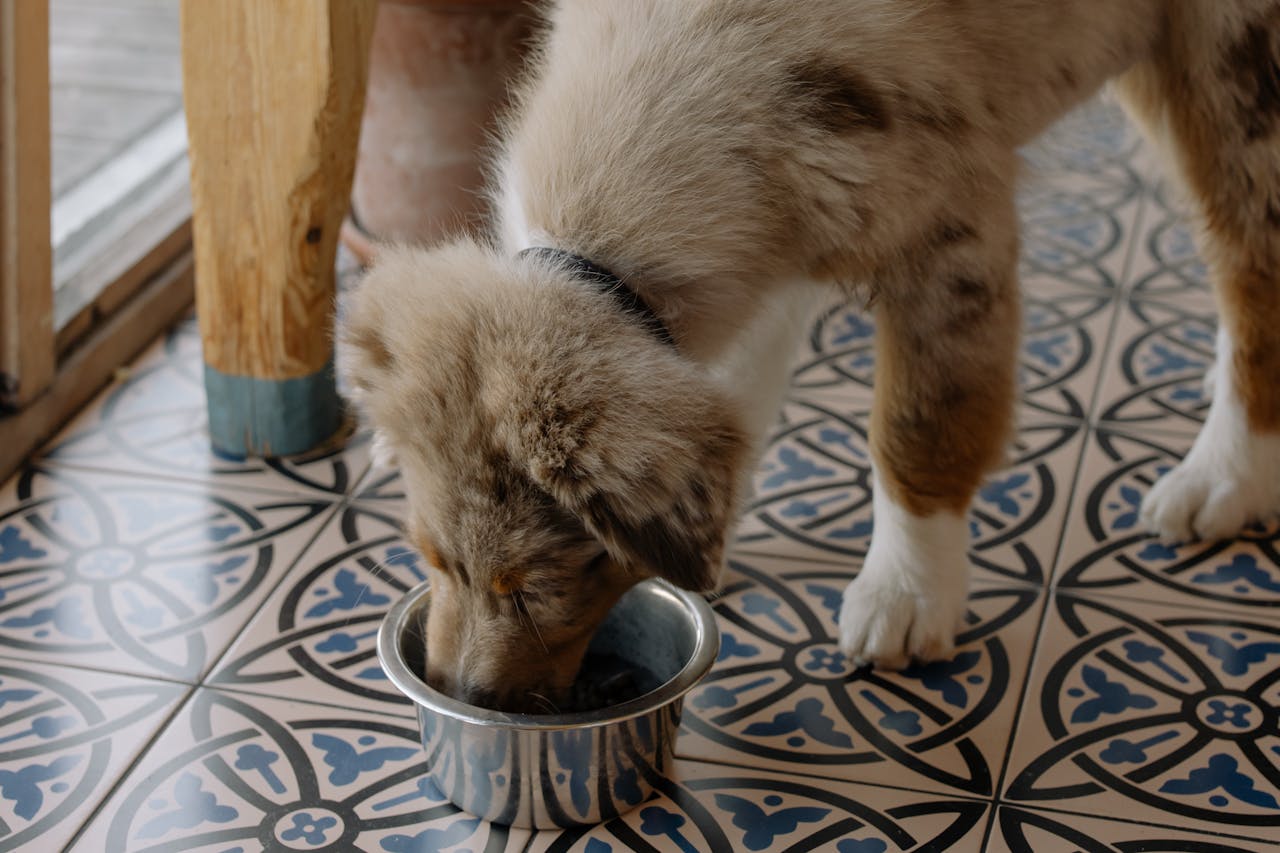
As pet owners, we all want the best for our furry friends. Providing them with a balanced diet is crucial to their health and well-being. However, not all human foods are safe for dogs. In fact, some can be downright toxic. Understanding which foods pose a risk can help prevent accidental poisoning and ensure your dog lives a long, healthy life. Here is a comprehensive guide on foods that are toxic to dogs.
Chocolate is one of the most well-known toxic foods for dogs. It contains theobromine, a compound that dogs metabolize much more slowly than humans. Even small amounts can cause serious health problems. Symptoms of chocolate poisoning include vomiting, diarrhea, rapid breathing, increased heart rate, and seizures. Dark chocolate, baking chocolate, and cocoa powder are particularly dangerous due to their high theobromine content.
Grapes and raisins can cause acute kidney failure in dogs. The exact substance in grapes and raisins that causes toxicity is still unknown, but even a small amount can be harmful. Symptoms of grape or raisin poisoning include vomiting, lethargy, and depression within a few hours of ingestion. This can progress to kidney failure, which can be fatal.
Onions, garlic, and other members of the allium family (such as chives and leeks) can cause damage to a dog’s red blood cells, leading to anemia. Both raw and cooked forms are toxic, and symptoms may include weakness, vomiting, and breathing problems. The effects can be delayed, so it might take a few days for symptoms to appear.
Xylitol is a sugar substitute found in many sugar-free products like gum, candy, baked goods, and toothpaste. In dogs, xylitol can cause a rapid release of insulin, leading to hypoglycemia (low blood sugar). Symptoms include vomiting, loss of coordination, and seizures. In severe cases, xylitol poisoning can lead to liver failure and death.
Alcohol affects dogs much the same way it affects humans, but it takes much less to cause serious harm. Even small amounts of alcohol can lead to ethanol poisoning, causing symptoms such as vomiting, diarrhea, coordination problems, depression, difficulty breathing, and even coma or death. Never give your dog alcohol, and be cautious about foods that might contain it, such as certain desserts.
Caffeine is a stimulant found in coffee, tea, cola, and energy drinks. It can cause restlessness, rapid breathing, heart palpitations, muscle tremors, and seizures in dogs. Caffeine poisoning can be fatal, so it’s important to keep all caffeinated products out of reach of your pets.
Macadamia nuts are highly toxic to dogs, though the exact mechanism of toxicity is unknown. Symptoms of macadamia nut poisoning include weakness, depression, vomiting, tremors, and hyperthermia. These symptoms typically appear within 12 hours of ingestion and can last up to 48 hours. While macadamia nut poisoning is rarely fatal, it can cause significant discomfort and health issues for your dog.
Avocados contain a substance called persin, which can be toxic to dogs in large quantities. While the flesh of the avocado is generally safe, the pit, skin, and leaves contain higher levels of persin and should be avoided. Symptoms of avocado poisoning include vomiting, diarrhea, and abdominal pain.
While not toxic per se, dairy products can cause problems for some dogs. Many dogs are lactose intolerant, meaning they lack the enzyme lactase needed to digest lactose, the sugar in milk. This can lead to gastrointestinal upset, including diarrhea and vomiting. Cheese and yogurt contain less lactose than milk but should still be given sparingly.
Cooked bones, especially poultry bones, can splinter and cause blockages or tears in a dog’s digestive system. Raw bones are less likely to splinter, but they can still pose a choking hazard or cause injury to a dog’s mouth and teeth. If you want to give your dog bones, consult with your veterinarian for the safest options.
While some dog owners advocate for a raw diet, raw meat and fish can contain bacteria like Salmonella and E. coli, which can cause food poisoning. Certain fish, like salmon and trout, can carry parasites that cause a condition known as “salmon poisoning disease,” which can be fatal if not treated. If you choose to feed your dog raw meat or fish, ensure it is from a reputable source and follow proper food handling guidelines.
Too much salt can lead to excessive thirst and urination, and in severe cases, sodium ion poisoning. Symptoms include vomiting, diarrhea, depression, tremors, elevated body temperature, and seizures. Avoid feeding your dog salty snacks like chips, pretzels, and salted popcorn.
Pits and seeds from fruits like apples, cherries, plums, peaches, and apricots contain cyanogenic glycosides, which can release cyanide when ingested. Symptoms of cyanide poisoning include vomiting, heavy panting, and shock. Always remove pits and seeds before giving fruit to your dog.
Unbaked yeast dough can expand in a dog’s stomach, causing bloating and potentially life-threatening gastric dilation-volvulus (GDV). Additionally, the fermentation of yeast can produce alcohol, leading to ethanol poisoning. If your dog ingests yeast dough, contact your veterinarian immediately.
Feeding your dog fat trimmings from meat can lead to pancreatitis, a painful and potentially life-threatening condition. As mentioned earlier, cooked bones can splinter and cause internal injuries. It’s best to avoid giving your dog these types of food.
Keeping your dog safe involves being mindful of what they eat. While this list covers many common toxic foods, it is not exhaustive. If you suspect your dog has ingested something harmful, contact your veterinarian or an emergency pet poison hotline immediately. Prevention is key, so always store food out of your dog’s reach and educate anyone who might be feeding your pet about these dangers. By staying informed and vigilant, you can help ensure your dog enjoys a long, healthy, and happy life.